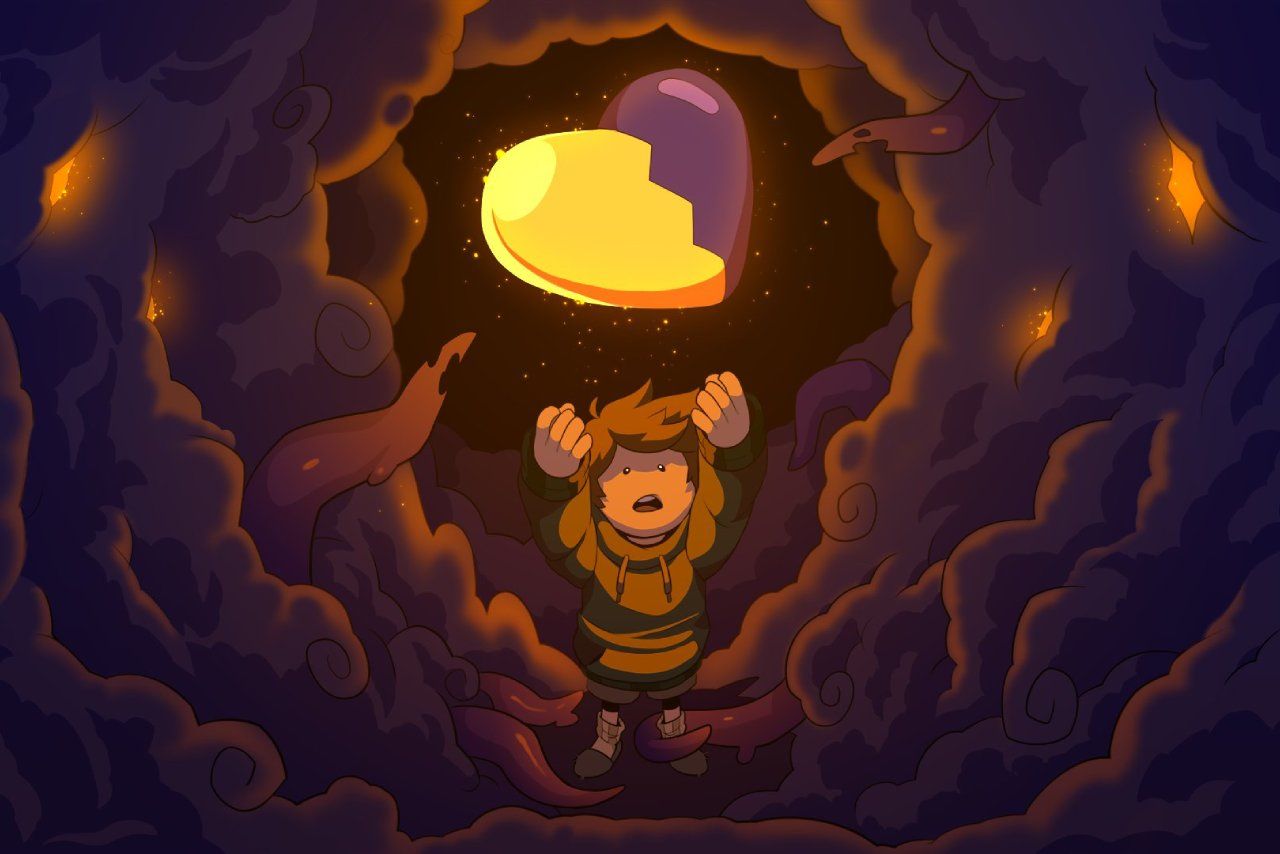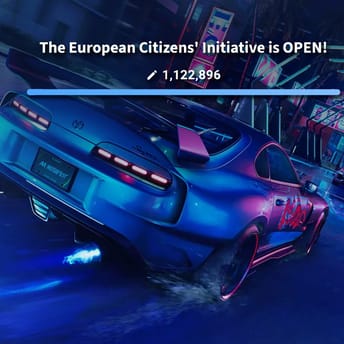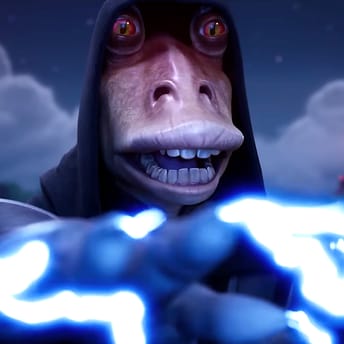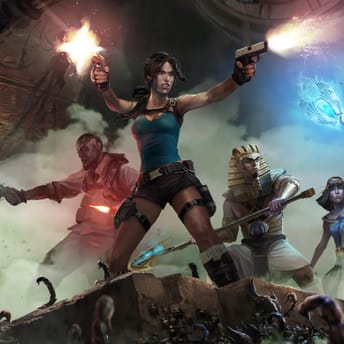Pirate Software Leaves Offbrand Games After Stop Killing Games Controversy

|
|
Key points
- Pirate Software has stepped down from his director of strategy position at Offbrand Games.
- He claims to have left due to the games it published being review-bombed.
- Pirate Software was a developer at Blizzard until he left in 2016.
Streamer and YouTuber Pirate Software has announced that he has left Offbrand Games due to people allegedly review-bombing the games it has published. This backlash came soon after his opinions regarding the Stop Killing Games movement were dissected and discredited by the founder of the movement, Ross Scott.
“He completely made up saying that it was about trying to protect single-player games. That was made up; we never brought that up anywhere,” Ross Scott explained on Twitch livestream.
Scott continues, claiming Pirate Software made up what the movement was about, rather than putting in the effort to properly inform and evaluate the movement.
Continuing to justify his departure, sourcing the review bombs rather than the very public controversy, Pirate Software, also known as Thor, explained that indie games are fragile things, and attacks like these hit them hard. As such, he decided to step down from his position as director of strategy for Offbrand Games.
His opinion regarding the Stop Killing Games initiative is that it is “broad in its approach to change the industry.” He added that the initiative requesting “all games stay in a ‘Functionally Playable State’” is not feasible at a technical level and might even restrict developers from making online-only games in the future.
Pirate Software has experience as a video game developer. He worked for Blizzard until 2016, when he left the industry. The streamer added that he hates the current state of the industry and purely prefers indie now.
The Stop Killing Games movement is a consumer movement that aims to “challenge the legality of publishers destroying video games they have sold to customers.” One recent case is The Crew’s shutdown in 2024. While the game is mostly single-player, it requires an internet connection. Its shutdown was controversial, as Ubisoft claimed it only sold licenses to play the game and not the ownership of the game itself.














